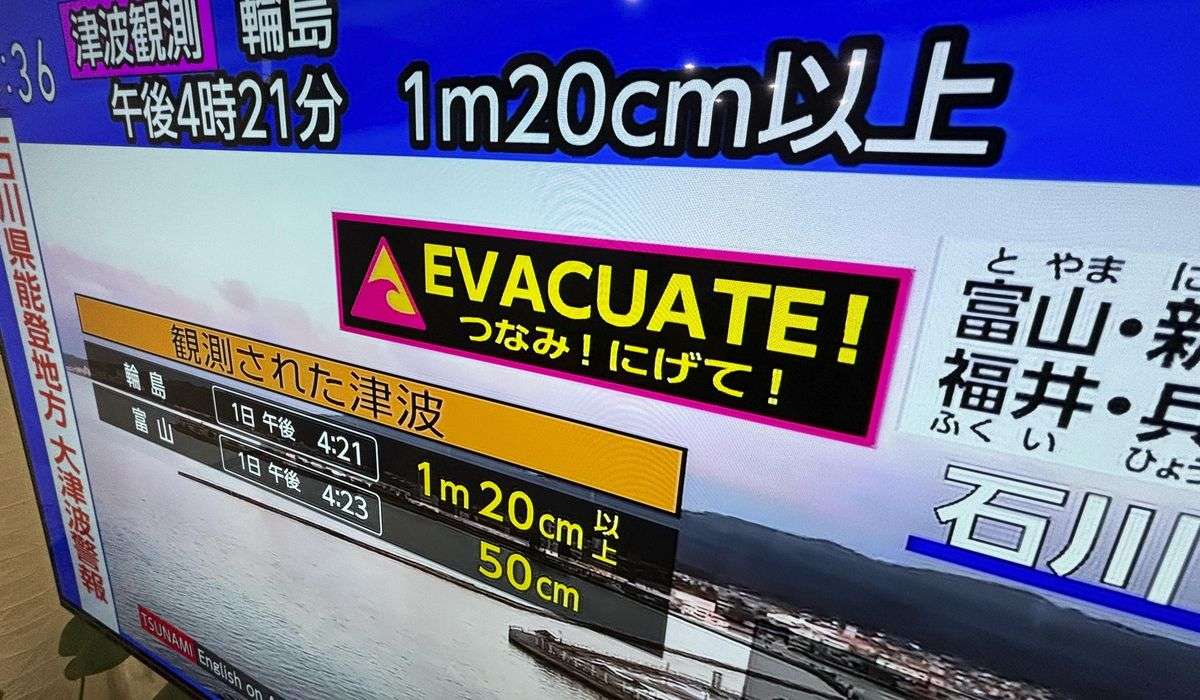Mature travelers are itching to get back out and travel again. According to AARP’s 2022 Travel Trends report, 66 percent of people over age 70 anticipate traveling this year. Many are looking to spend time with family.
Traveling with older loved ones? Keep these tips in mind.

Whether a bucket-list trip or staycation, “everyone benefits from multigenerational travel,” Goyer said. “We build relationships through shared experiences.”
Families planning multigenerational travel should consider health and abilities, not age, when deciding whether someone should travel and what kind of trip to take. And with proper planning and flexibility, the trip can foster connection and widen everyone’s horizons.
Medical considerations
“The first thing to remember is that elders aren’t monolithic,” said Charles Ericsson, past president of the International Society of Travel Medicine (ISTM) and professor of infectious diseases at UT Health McGovern Medical School. “Travel decisions should depend on an individual medical assessment of the traveler, as well as the capacities of their companion or companions.”
A primary-care physician’s office can be the first destination for any traveler — especially those with physical or mental health conditions — to confirm a clean bill of health and ensure that any issues are optimally managed, including those that might place them at increased risk of travel-related illnesses. Ericsson encourages family members to attend this visit to support their loved one and understand their medical needs.
Handling routine vaccinations there can make insurance reimbursement easier, while an additional travel clinic appointment can provide trip-specific advice and any destination-specific immunizations and medications. (The ISTM has an online list of travel clinics.) This should take place several weeks before the trip, because some vaccines can take longer to develop an immune response in older adults.
In addition, confirm health insurance coverage and purchase travel insurance — which can include trip disruption, medical and/or evacuation coverage. Keep a copy of your family member’s medical record and a list of their medications, supplements and dosages. Bring medications in their original containers in carry-on and checked luggage, especially to international destinations, where replacement may be difficult if they’re lost. And pack extra in case of delays.
Coronavirus precautions
With new variants and rising cases in some destinations, the pandemic is still part of the travel landscape — and the threat of getting severely ill with covid increases with age and certain medical conditions. According to AARP, 73 percent of people over 70 are concerned about the coronavirus, although 78 percent consider travel safe.
“We have to be savvy with dealing with covid. Anyone who’s an elder should be fully vaccinated and properly boosted, especially if they’re immunocompromised or have underlying conditions,” Ericsson said. “It’s probably reasonable to be unmasked only in a well-ventilated, distanced environment.”
In addition, families can tailor a variety of risk-reduction strategies, some of which include testing, partaking in outdoor activities, avoiding crowds, monitoring infection rates and visiting local destinations. A staycation is another option; AARP’s research shows that 27 percent of people over 70 will probably take one this year.
Plan ahead, but embrace flexibility
“Planning ahead is key for traveling with a mature family member and reducing stress for everyone,” Goyer said.
Think through specific logistics for every day of your trip: What’s Mom’s home routine? When does she sleep, eat and take medication? How active is she? Does she experience any disabilities? If you haven’t seen her in a while, does she have any new needs?
None of these factors are dealbreakers, and planning can address almost everything, Goyer said. That said, although thinking ahead provides a crucial framework, being flexible is equally important.
“For caregivers, mind-set makes the biggest difference,” Goyer said. “Expect that travel will present unpredictable delays and challenges, and that’s just part of the adventure.”
Also resist the urge to overschedule. Arrive early for transport or to your destination, and build in extra time for getting ready, medications, travel and sleep, as well as ample downtime for your loved one to rest every day.
“We want to do so much when we’re traveling,” Goyer said, “but things can take longer, or you might run into obstacles. It’s better to slow down the pace than rush.”
Getting there
When it comes to transportation planning, go the extra mile. For road trips, consider booking a hotel room midway through longer drives, and leave time to regroup once you arrive at your destination. Plan for restroom and stretching breaks every couple of hours.
If you fly, try to purchase direct flights at a time of day when your loved one has energy and airports aren’t as busy. Some assistance requests may be available when booking. Call airline customer service to make advance arrangements for early boarding, onboard assistance and oxygen. Even if your loved one doesn’t normally use one, a wheelchair can be indispensable for security, delays and gate changes. At least 72 hours before departure, call or email TSA Cares to request assistance getting though security.
Whatever the transportation, bring nutritious food, plenty of water and entertainment. Because traveling can cause anxiety for some elders, a doctor or therapist can suggest tools to soothe nerves. And refundable or flexible reservations can ease everyone’s worries.
At your destination
Wherever you stay, create a familiar environment for your family member. Unpack their luggage and arrange items on their nightstand, clothes in the closet and dresser, and toiletries in the bathroom.
Adjoining rooms in hotels or vacation rentals can help you hear your loved one get out of bed at night — which is important if they’re prone to falls or have cognitive impairment. Because unfamiliar surroundings can confuse people with dementia, use audio monitors and door and floor mat alarms, which can alert you to their movements.
Also assess in advance any mobility needs for your trip. Can your loved one take the stairs to the train? Is your lodging ADA-compliant? Are your activities accessible for them? Can they rent or bring a walker or wheelchair? For international travelers, the U.S. State Department’s online information for travelers with disabilities can help you navigate other countries’ accessibility laws.
Maximize your time together
Talk with family members in advance about their priorities for the trip. The areas where they overlap is the sweet spot for shared interest and energy for activities.
“Many elders are quite capable of independent travel,” Ericsson said, but “tours can be good options for people who have lost some executive function, since a guide can help them navigate unfamiliar situations.” That said, don’t expect too much from a guide unless they specifically cater to mature travelers, and understand any physical requirements in advance.
Whatever your activities, create opportunities for family interaction, Goyer said. Play a game that everyone will enjoy. Parents, take a break while grandparents make dinner with the kids. Perhaps Grandma wants to build sand castles with the children but can’t sit on the beach — so elevate the fun with some sand on an outdoor table.
“We might need to make adaptations, but what really matters is having a good time and creating memories together,” Goyer said. “As people go forward in life, that’s what they carry with them.”
Williams is a writer based in Oregon. Her website is erinewilliams.com.
PLEASE NOTE
Potential travelers should take local and national public health directives regarding the pandemic into consideration before planning any trips. Travel health notice information can be found on the Centers for Disease Control and Prevention’s interactive map showing travel recommendations by destination and the CDC’s travel health notice webpage.






